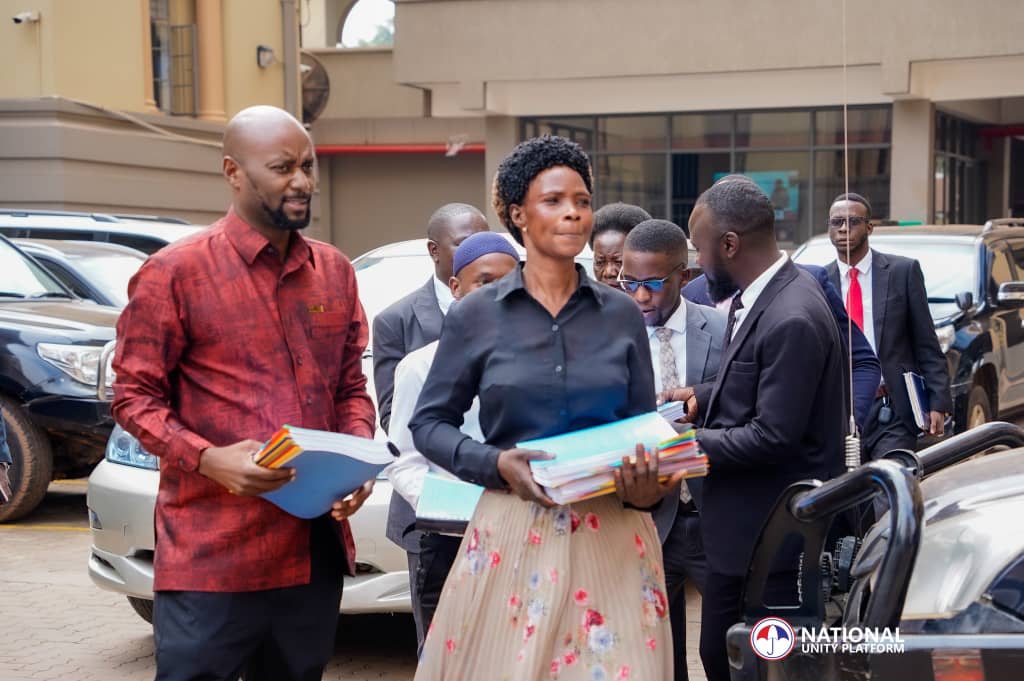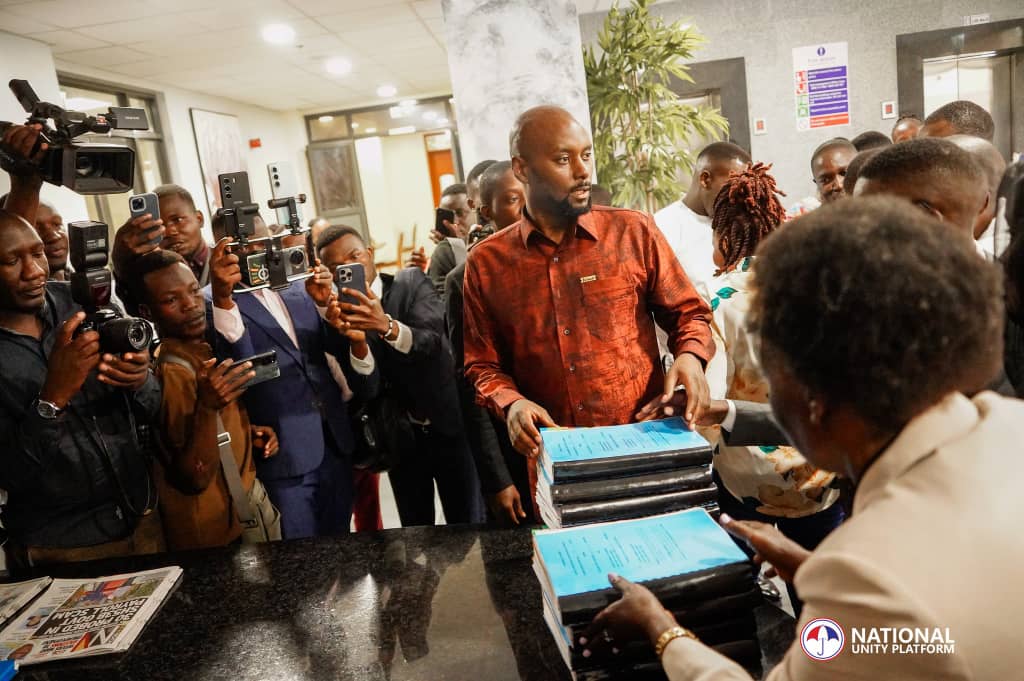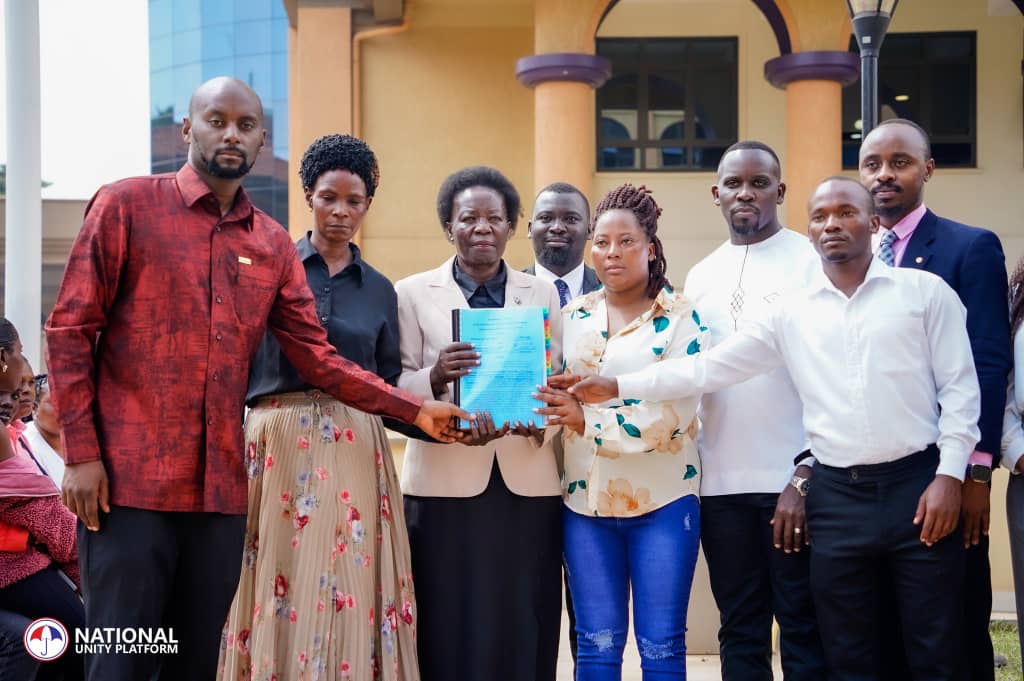
KAMPALA .
Leaders of National Unity Platform (NUP) have filed a petition at the Constitutional Court, challenging the recently enacted Uganda People’s Defence Forces (UPDF) law.
The opposition party leaders argue that the continued trial of civilians in military courts undermines judicial authority and allows civilians to be tried in military courts.
Through legal teams from Nyonzi, Kiboneka & Mbabazi Advocates, Pace Advocates, and Nalukoola Advocates, NUP has named the Attorney General, Parliament Speaker Anita Among, and Defence Minister Jacob Oboth Oboth as respondents.
NUP Secretary General David Lewis Rubongoya said in his affidavit that Parliament rushed the legislation, reinstating provisions the Supreme Court had already declared unconstitutional in the landmark Attorney General vs Michael Kabaziguruka case.
“This law is a direct affront to constitutionalism, judicial authority and the rights of Ugandans,” Rubongoya said, adding: “It is designed to entrench political persecution and normalise the trial of civilians in military courts.”

The petition targets Section 117A of the UPDF Act, formerly Section 119, which grants the General Court Martial unlimited jurisdiction over any offence under Ugandan law.
NUP also disputes provisions giving the High Command power to appoint military court members on short-term, renewable tenures, and creating a Military Courts Department under the Court Martial chairperson.
Rubongoya argues these changes compromise judicial independence, diminish the powers of the Directorate of Public Prosecutions, and undermine claims of military court impartiality.
He cited previous cases, including arrests of NUP supporters following the 2021 elections, many of whom spent years in detention without trial.
“In October 2024, seventeen of our supporters pleaded guilty under duress after nearly four years in detention. They were later pardoned by the President, an admission of the miscarriage of justice,” he said.
The petition also accuses Parliament Speaker Anita Among of knowingly pushing unconstitutional provisions through Parliament and the Defence Minister of defending the Bill despite its legal defects.
NUP also contends that lawmakers were given less than 24 hours to review a 150-page Bill, preventing meaningful participation.
MP Jonathan Odur described it as “a dangerous shift toward military authoritarianism,” noting similar cases pending before the East African Court of Justice and the Supreme Court.
NUP seeks a declaration that the contested provisions are unconstitutional, a permanent injunction preventing civilian trials in military courts, and legal costs.

Chief Justice Alfonse Owiny-Dollo delivers his judgment which stopped the trial of civilians in the military court on January 31, 2025.
Quoting Chief Justice Alfonse Owiny-Dollo in the January 31 Kabaziguruka ruling, Rubongoya stressed: “The court martial must be guarded from the risk of influence by the prosecution and superior officers.”
The Constitutional Court has summoned respondents to file their defence within seven days or face judgment in their absence.